Also called run. It is a song without musical accompaniment, like the tone, from popular Andalusian romances, Therefore, many scholars have classified it as the oldest of the flamenco palos and father of the aforementioned tone. In “The gitanilla” of Cervantes, mention is already made of this style, so according to Blas Vega, “The romances remained in the popular soul throughout the 15th century.”. These consecutive songs and monorhymes are not accepted by the upper class, so that they are scattered among the people of the common people, emerging plebeian romances. In this environment arise the Romance de Gerineldos, that of Ciego la Peña and that of La Princesa Colinda, who could have Moorish ancestry, Well, according to the explanations of Washington Irving, “They are simple rude tunes with few inflections. They sing them loudly with long, pronounced cadences”. They have gone down in history as cultivators of this style El Planeta, Chiclanita, The black: -Romance of the Monja-, The Huts, Pepe de la Matrona and Agujetas the Elder.
Gypsy Corrido
Upload/Select an audio or use external audio url to work this widget.
Upload/Select an audio or use external audio url to work this widget.
Upload/Select an audio or use external audio url to work this widget.
Upload/Select an audio or use external audio url to work this widget.
Upload/Select an audio or use external audio url to work this widget.
Upload/Select an audio or use external audio url to work this widget.
Upload/Select an audio or use external audio url to work this widget.
Upload/Select an audio or use external audio url to work this widget.
Upload/Select an audio or use external audio url to work this widget.
Upload/Select an audio or use external audio url to work this widget.
Upload/Select an audio or use external audio url to work this widget.
Upload/Select an audio or use external audio url to work this widget.



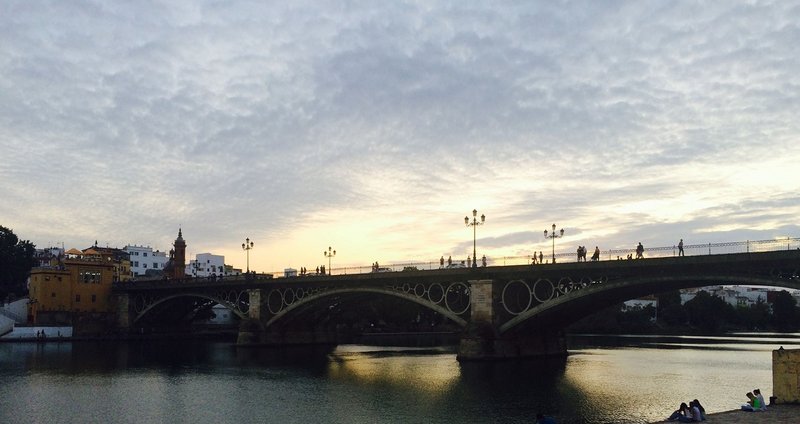 Sevilla
Sevilla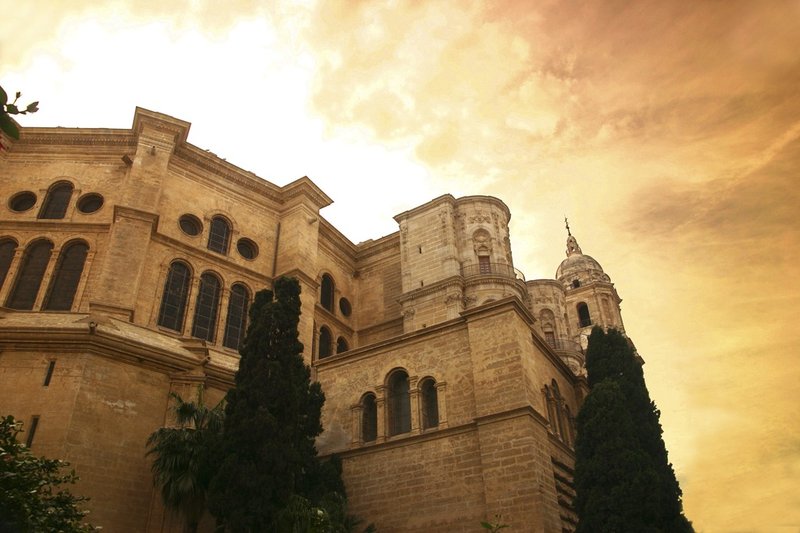 Málaga
Málaga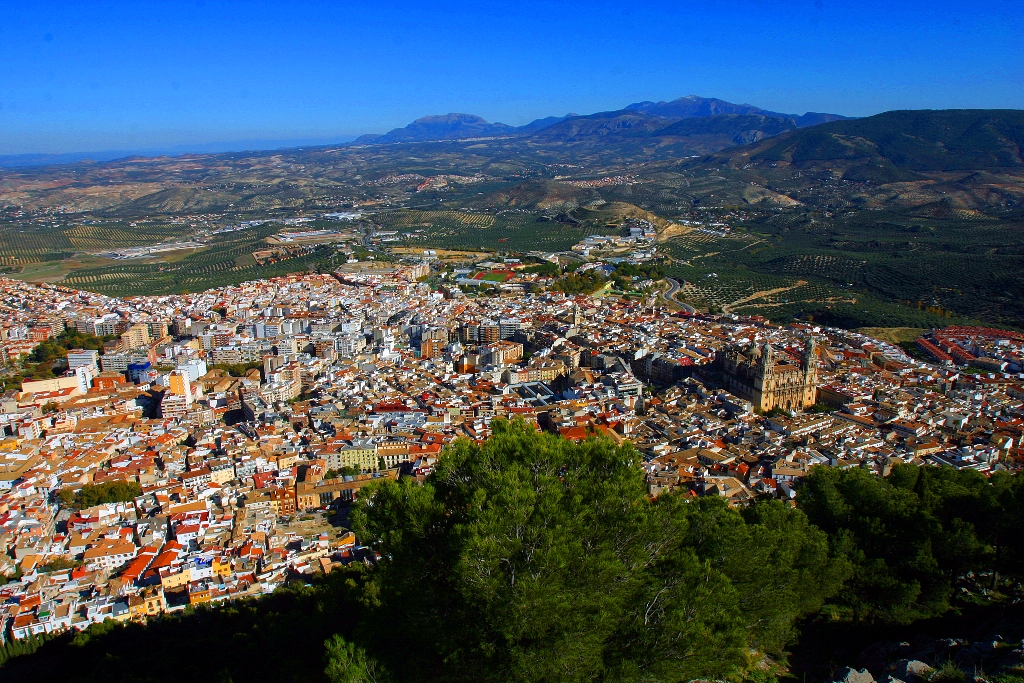 Jaen
Jaen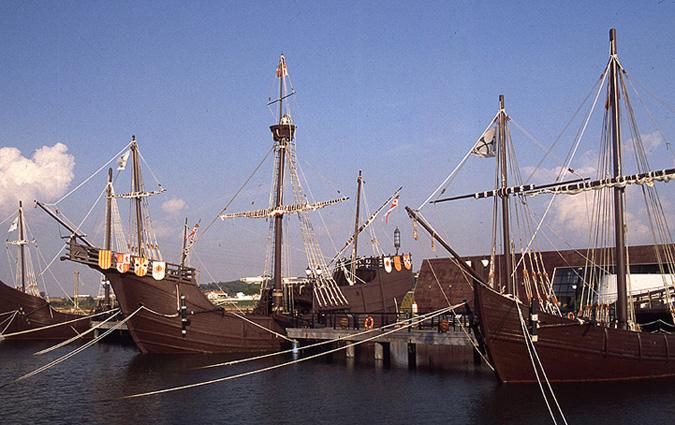 Huelva
Huelva Granada
Granada Córdoba
Córdoba Cadiz
Cadiz Almeria
Almeria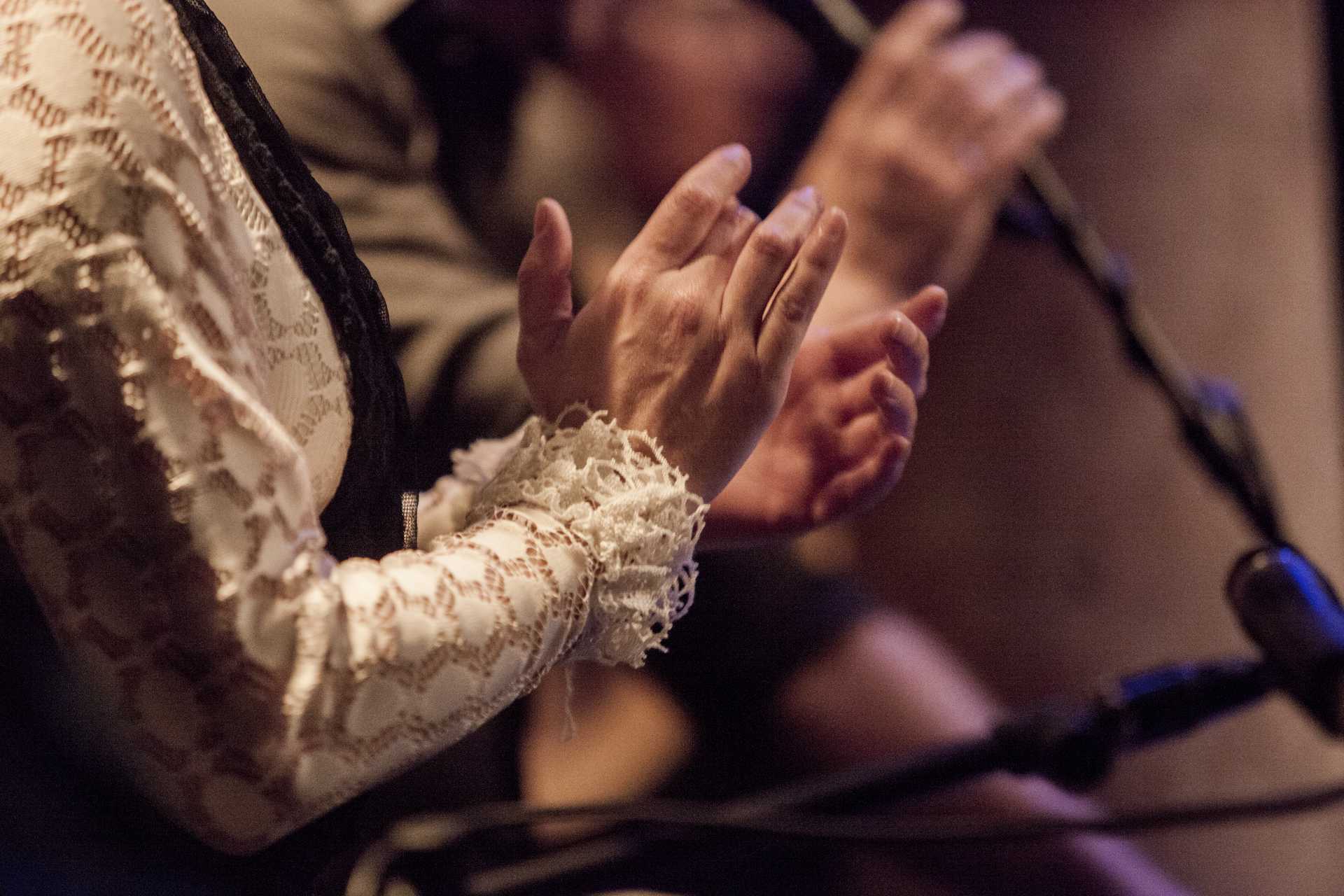 A tourist and cultural vision of flamenco
A tourist and cultural vision of flamenco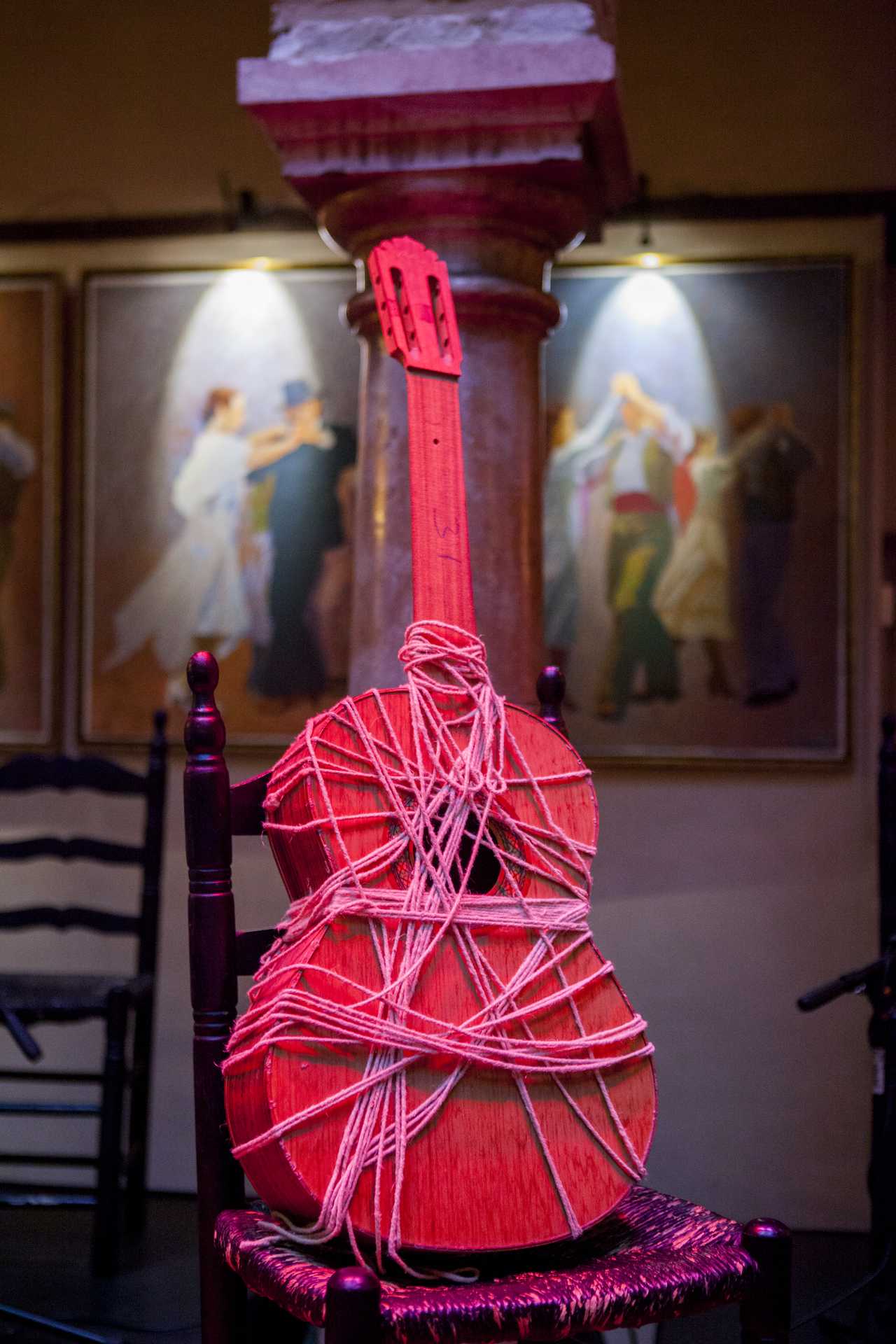 The Guitar, last to join.
The Guitar, last to join.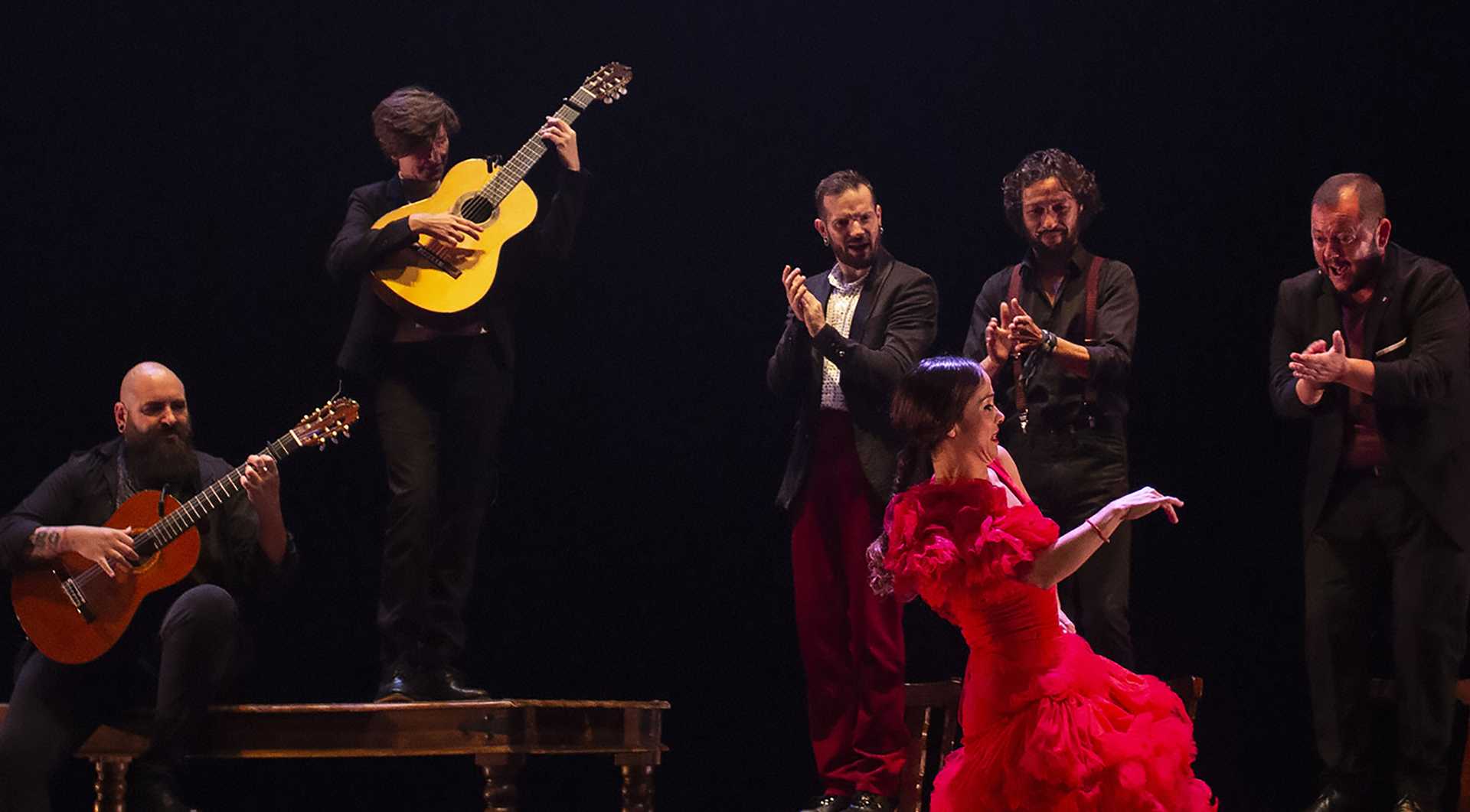 The history of flamenco with respect to its geographical distribution
The history of flamenco with respect to its geographical distribution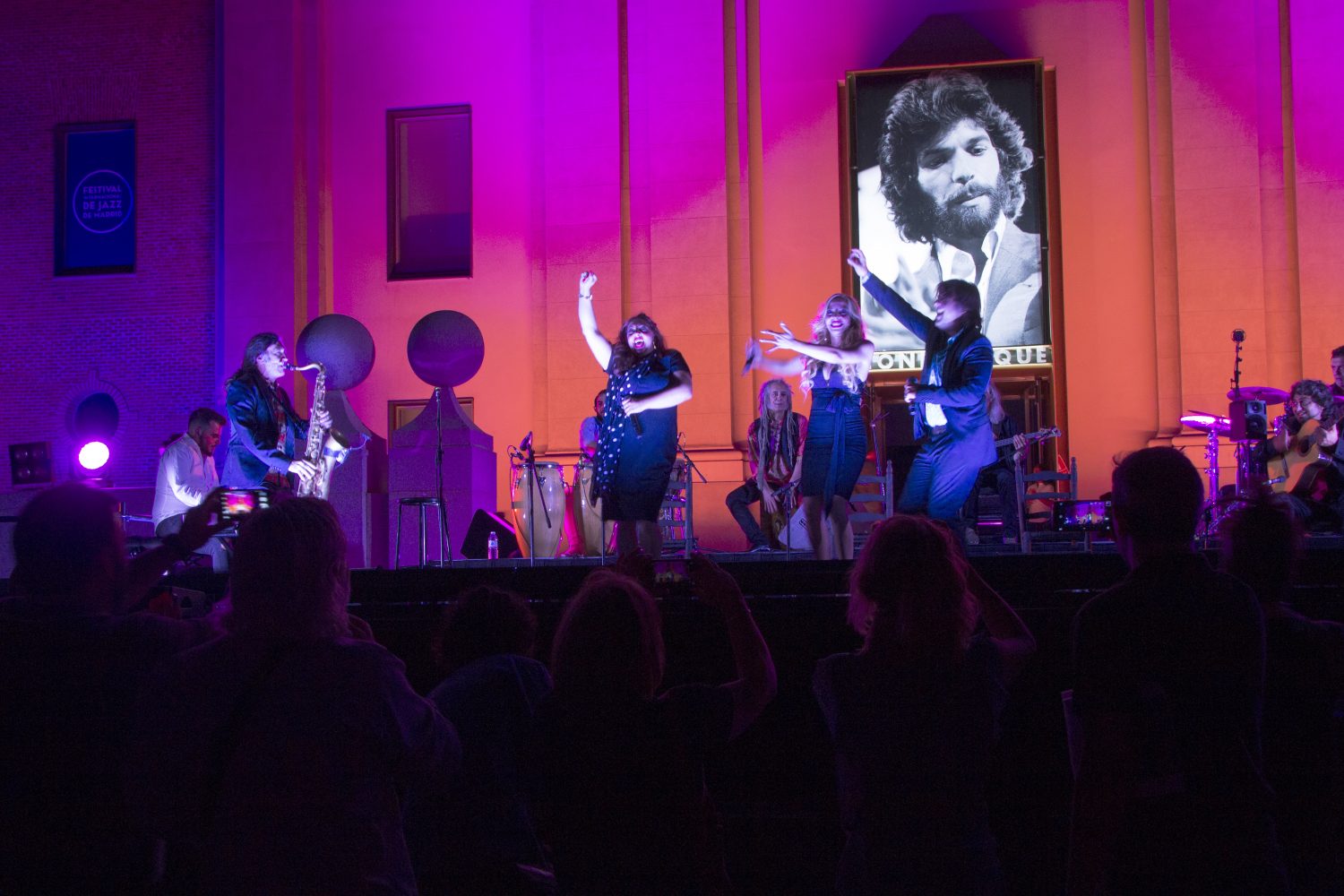 The present and future of the genre. The Fourth Golden Key of Singing.
The present and future of the genre. The Fourth Golden Key of Singing.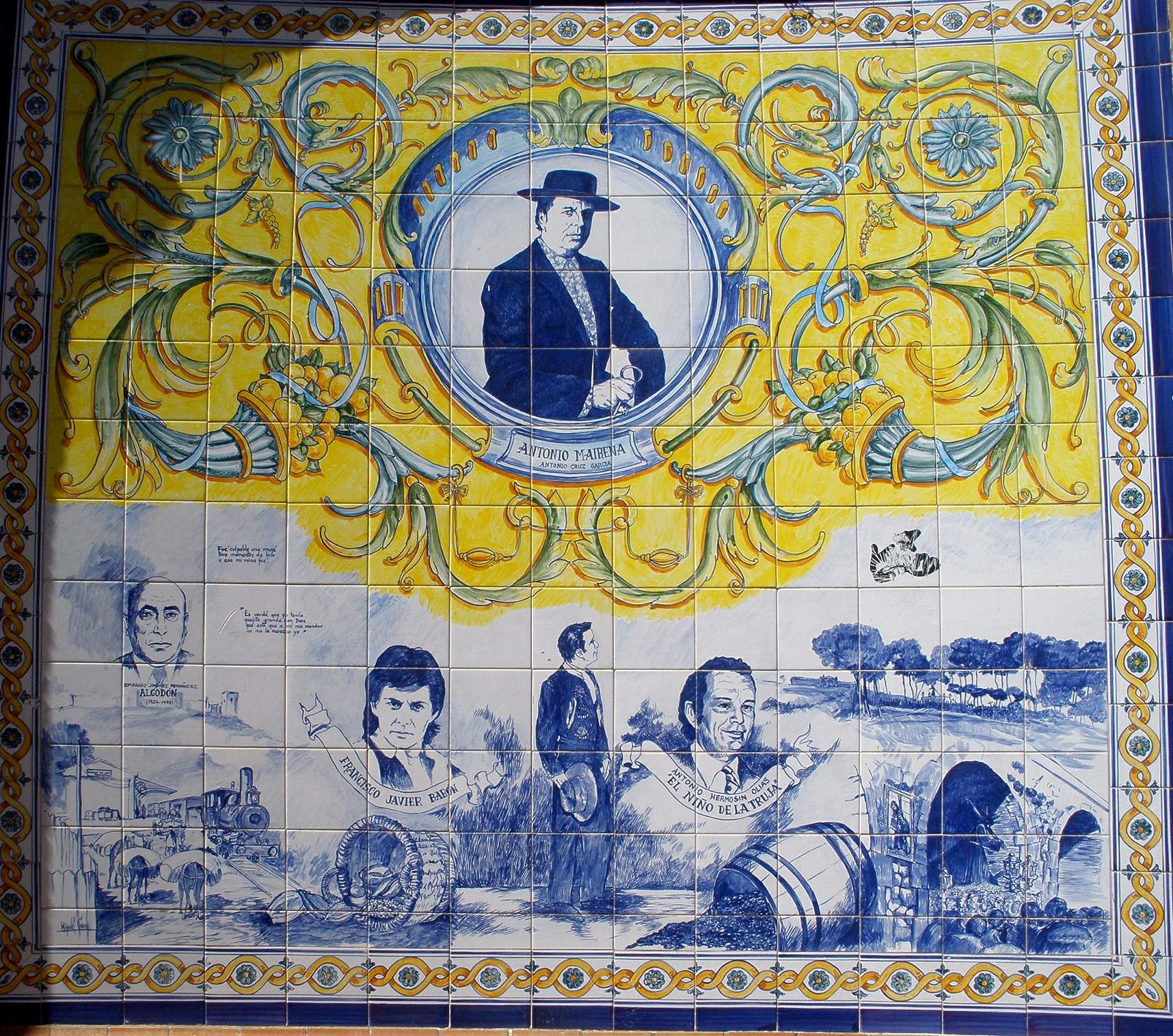 The festivals
The festivals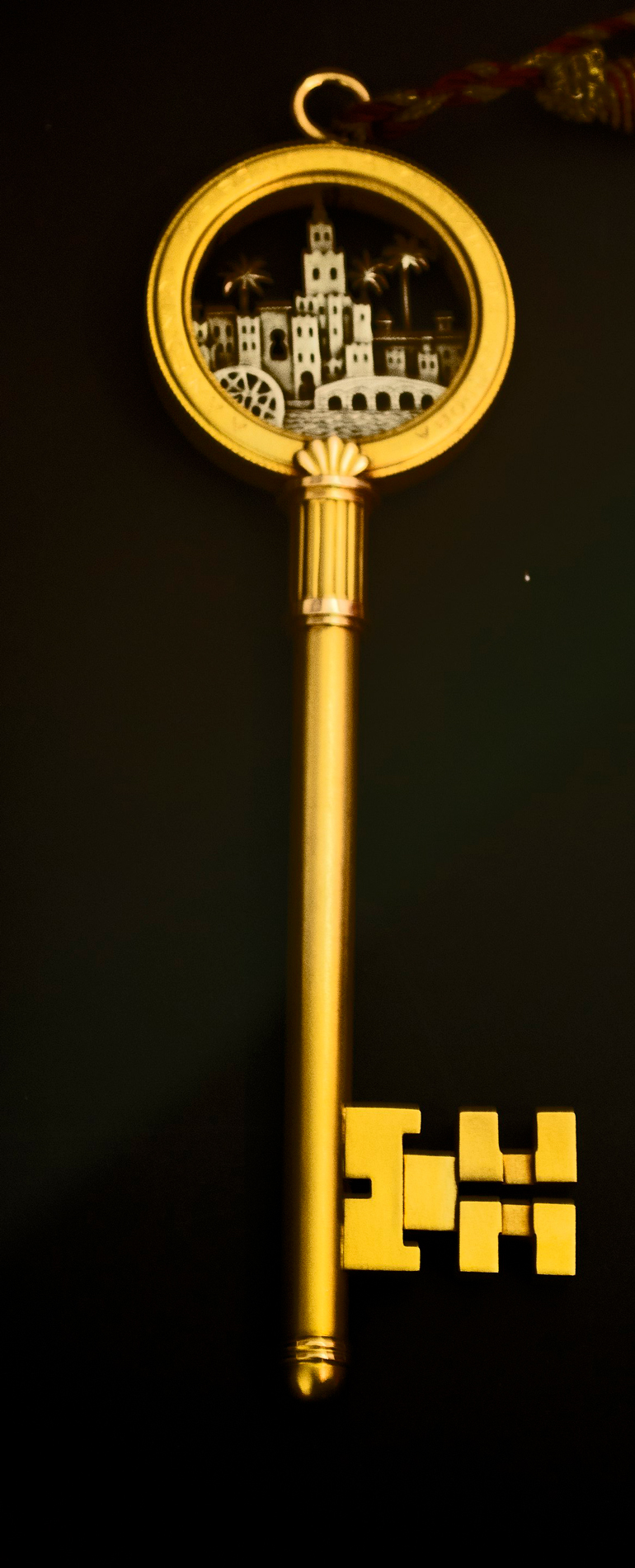 Revaluation of flamenco. Third Golden Key of Singing
Revaluation of flamenco. Third Golden Key of Singing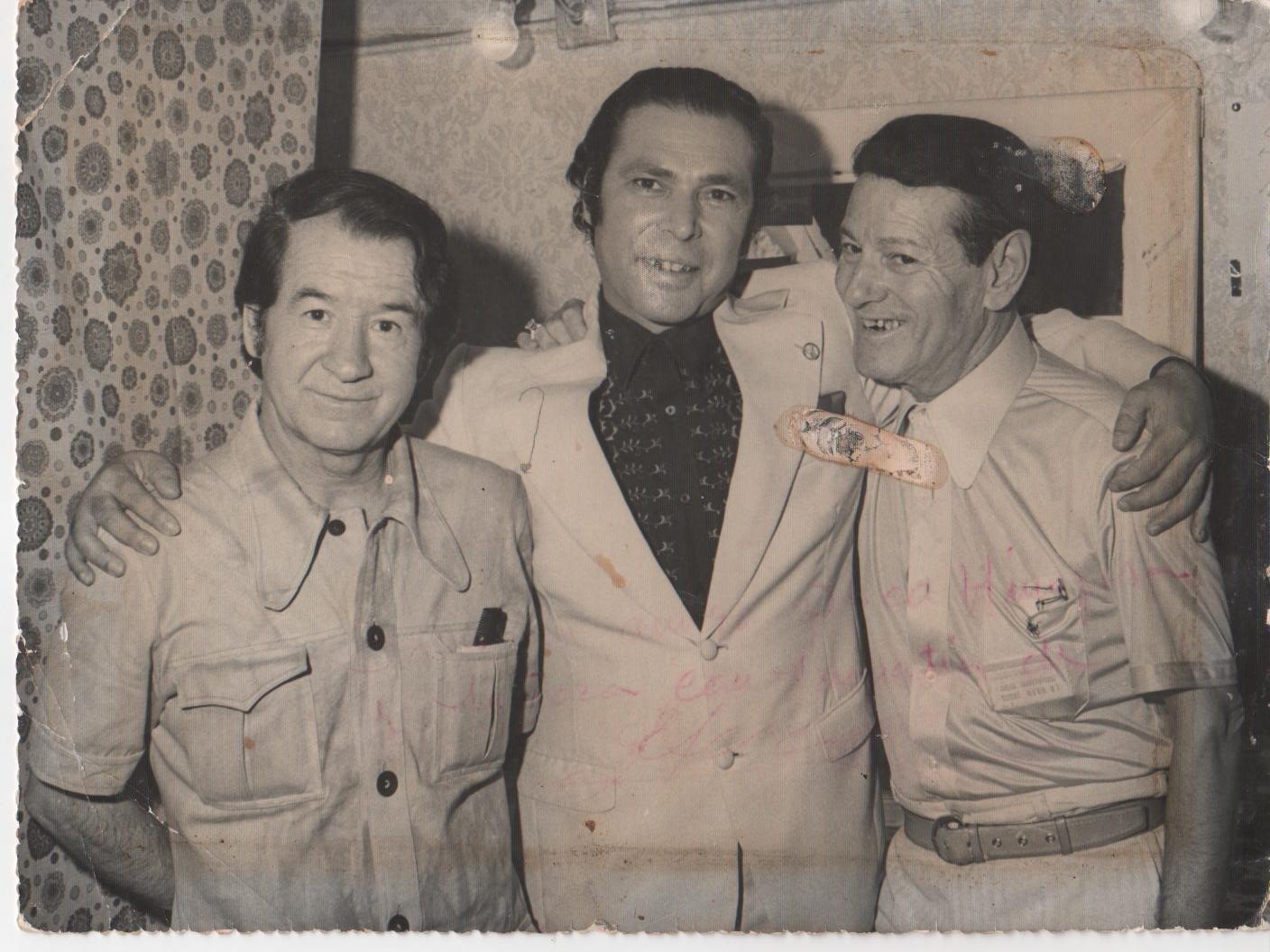 The Flamenco Opera
The Flamenco Opera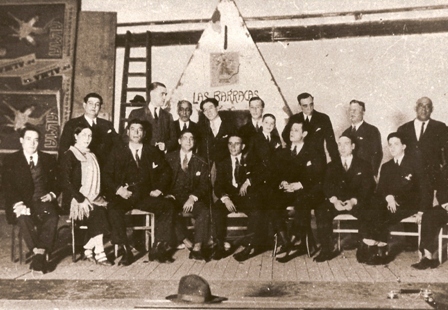 Flamenco in Madrid. The Pavón Cup. Second Golden Key of Singing
Flamenco in Madrid. The Pavón Cup. Second Golden Key of Singing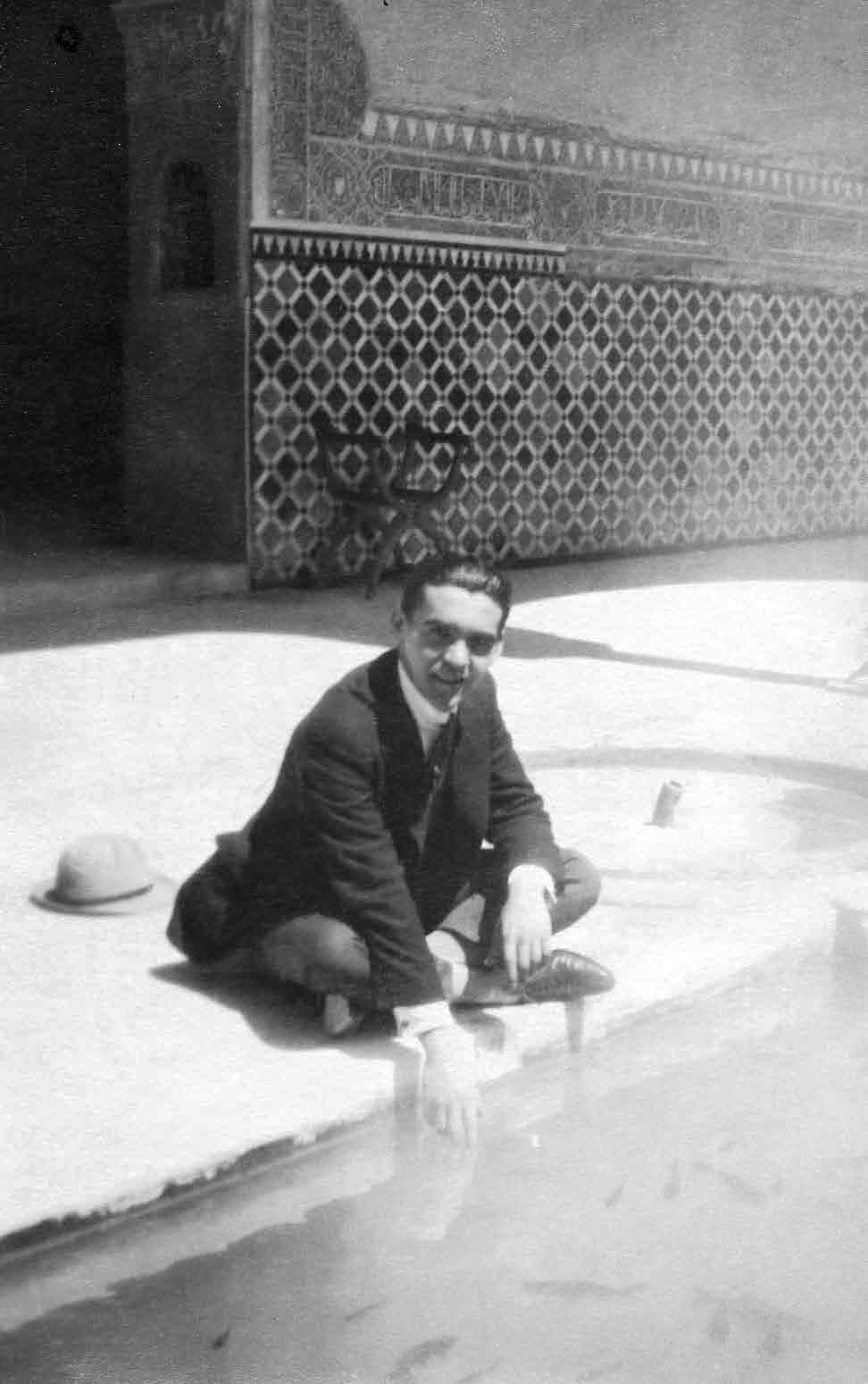 The contest that took place in 1922 in Granada
The contest that took place in 1922 in Granada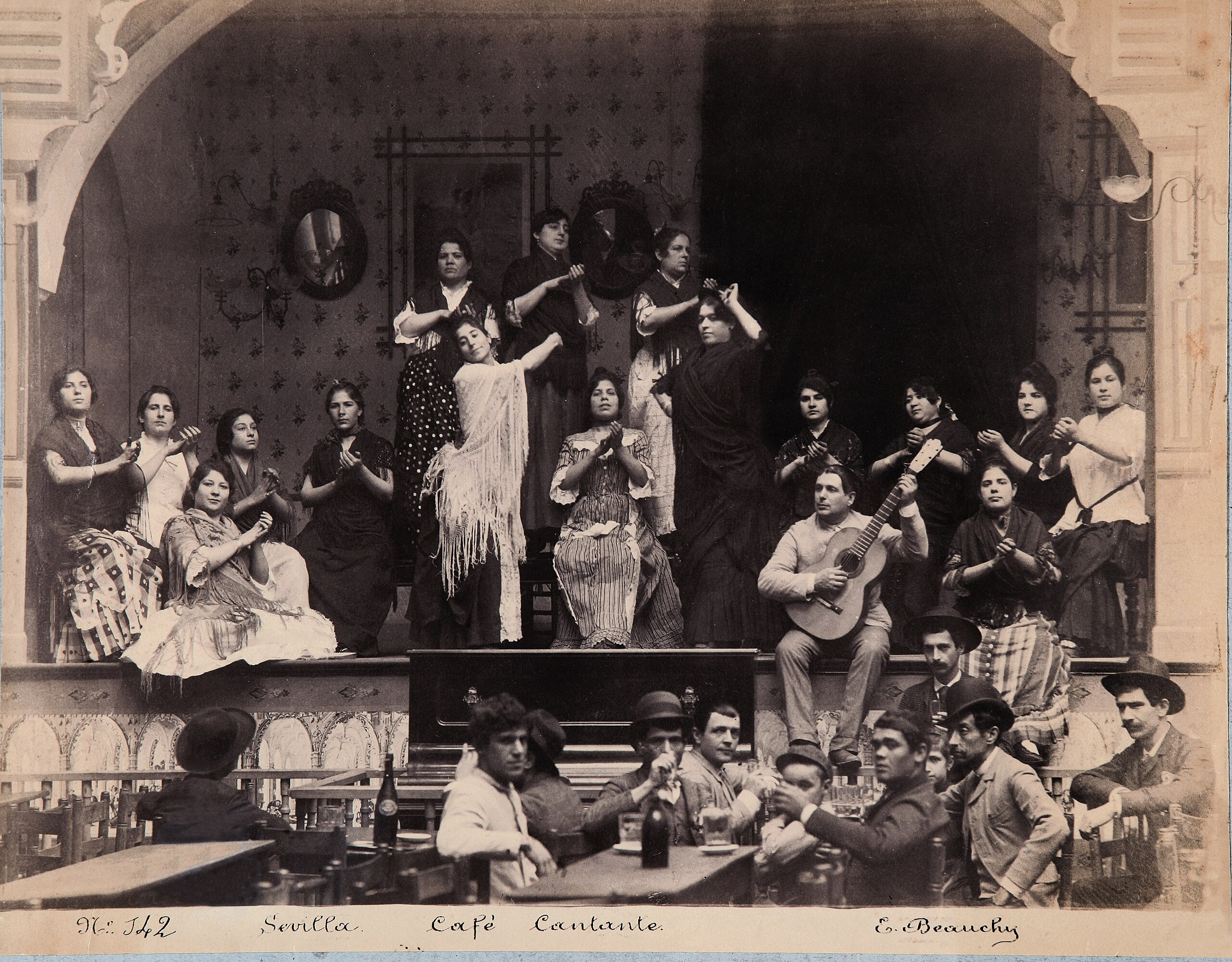 The great creators. The Golden Age. The Singing Cafes
The great creators. The Golden Age. The Singing Cafes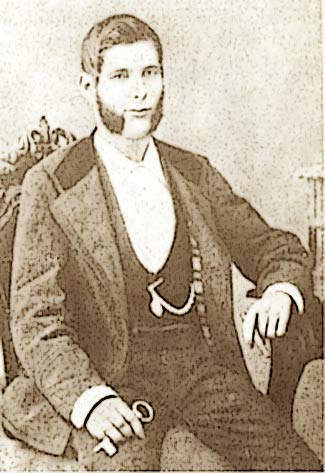 Evolution. Hermetic Stage. First singers
Evolution. Hermetic Stage. First singers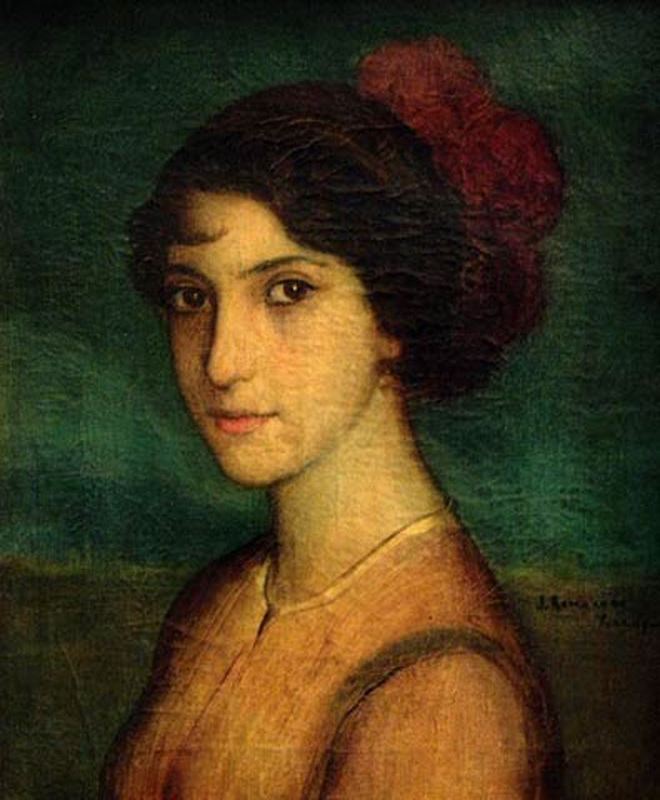 Origin of the word “flamenco”
Origin of the word “flamenco”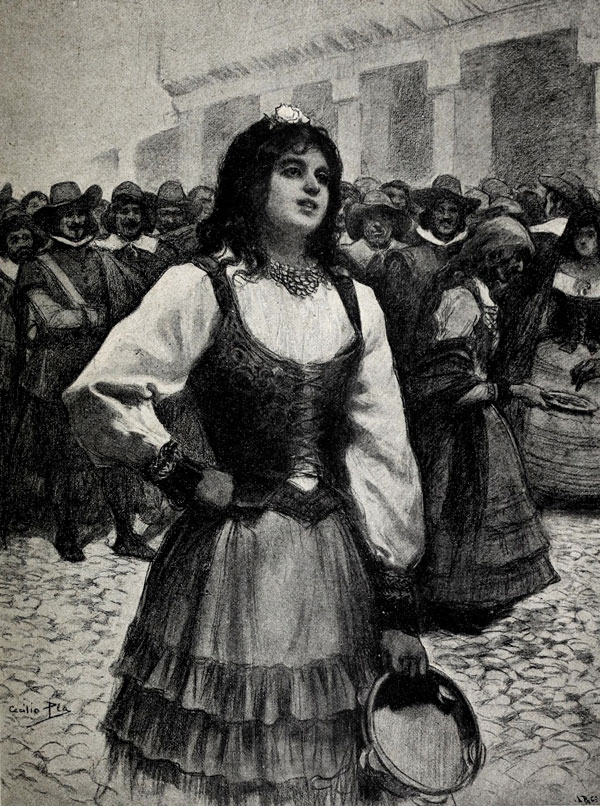 First written references
First written references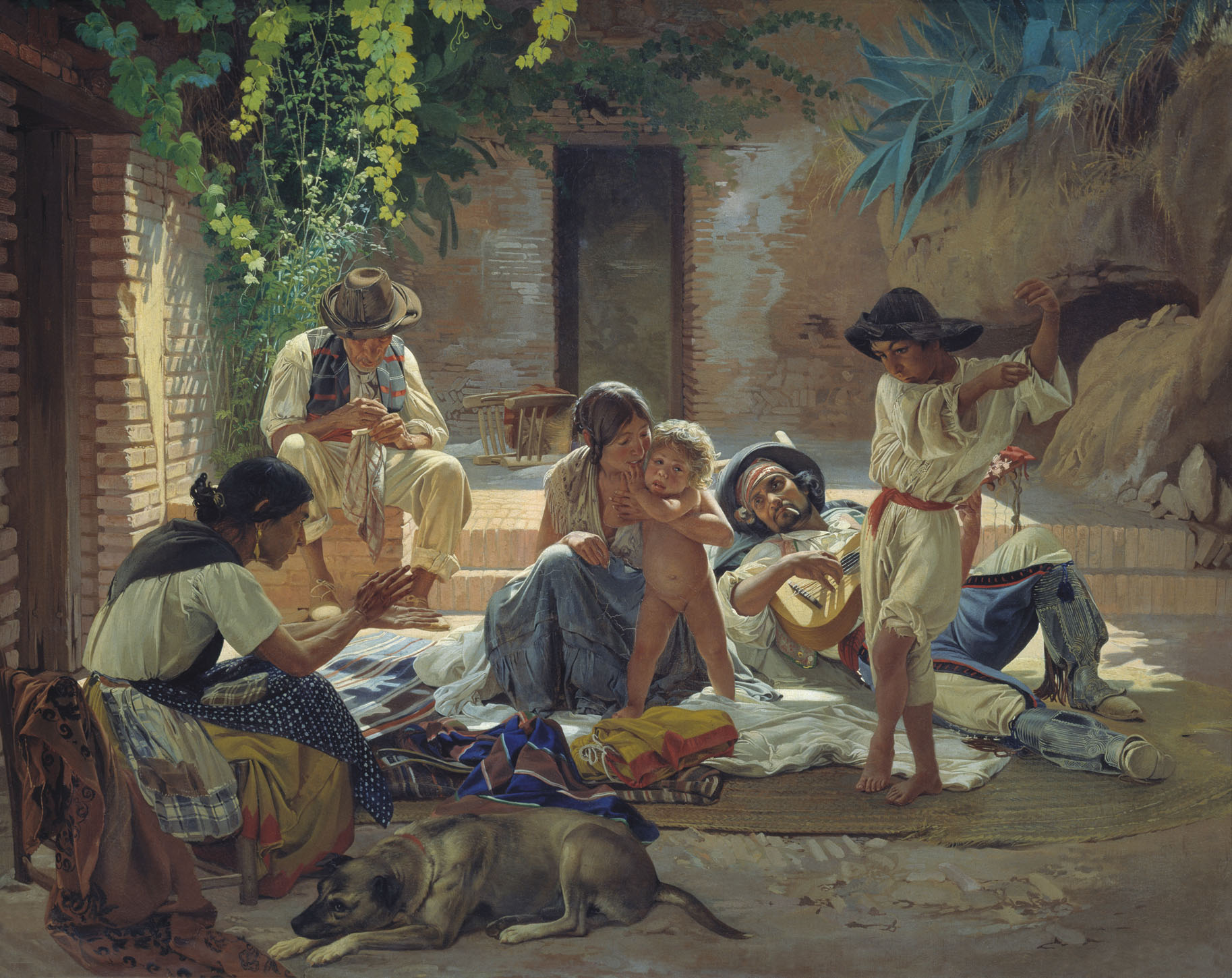 Musical background
Musical background